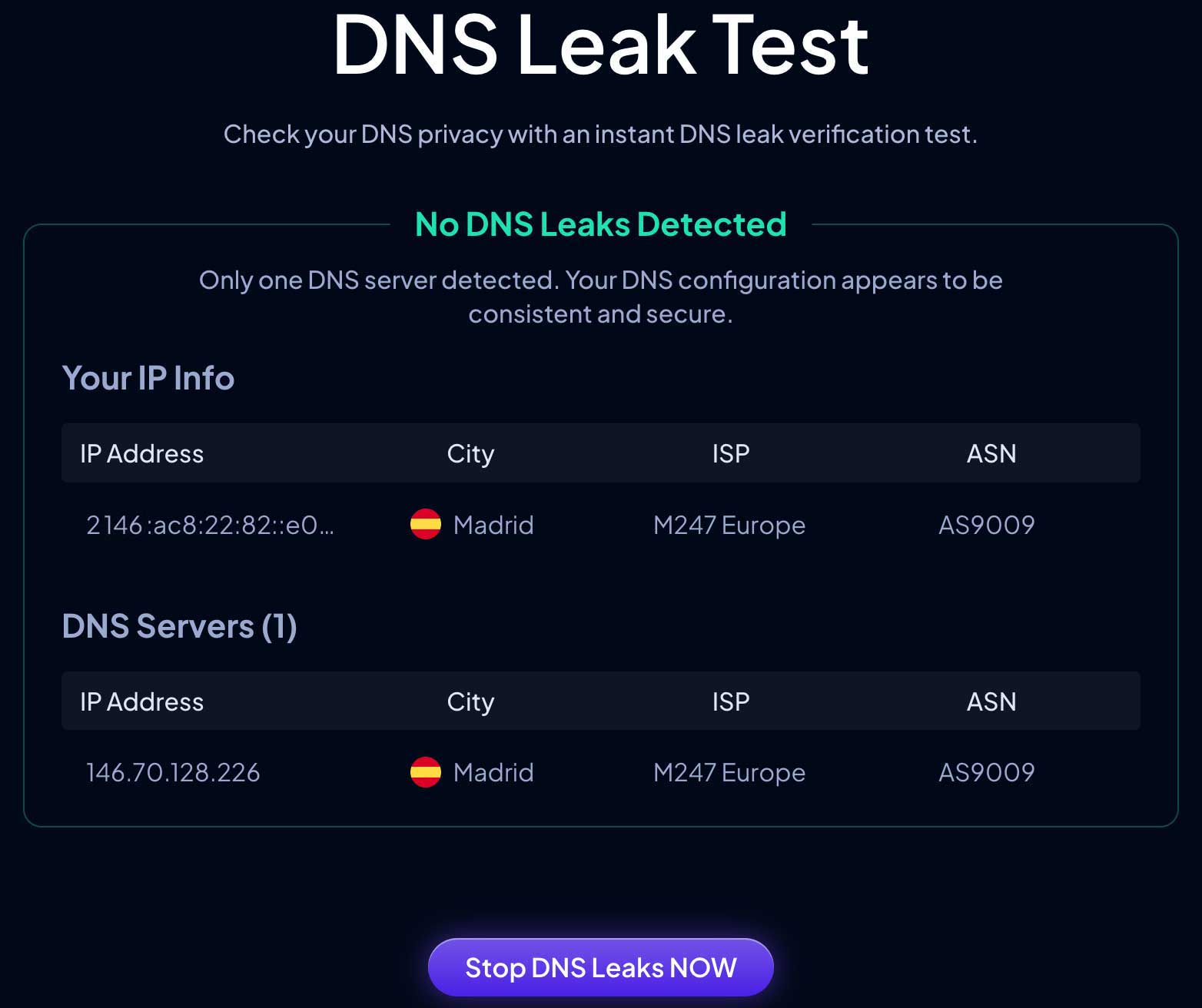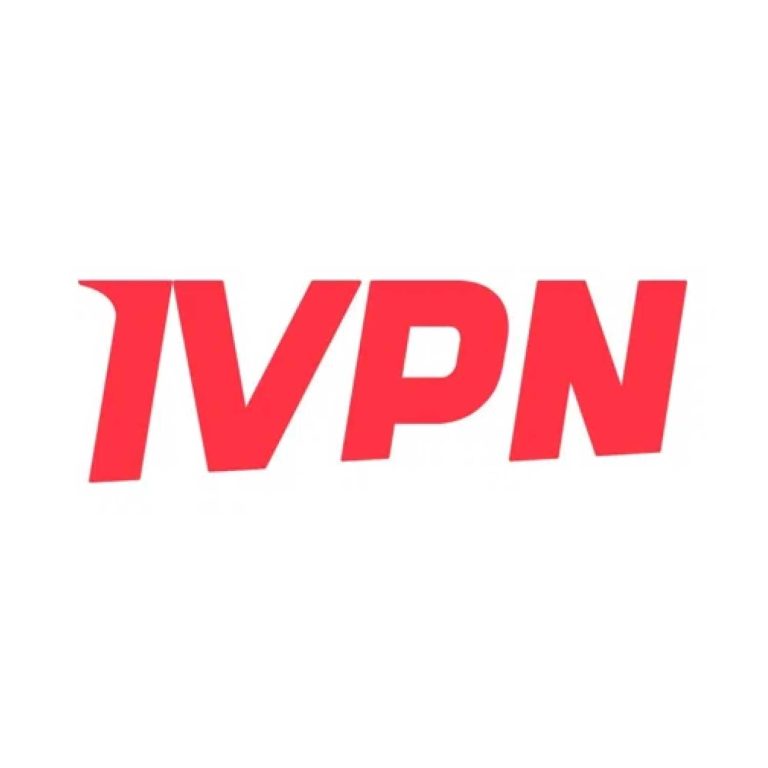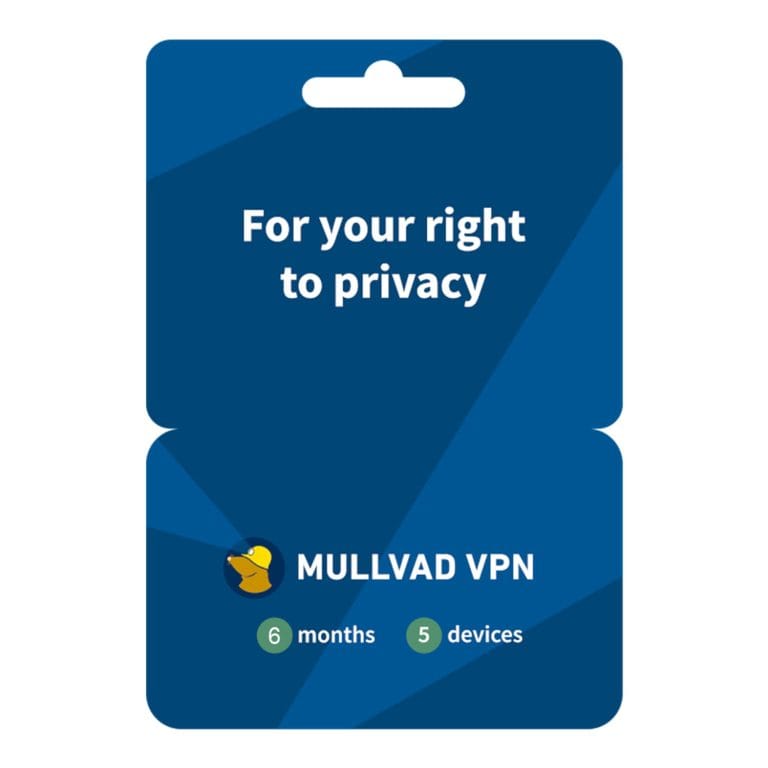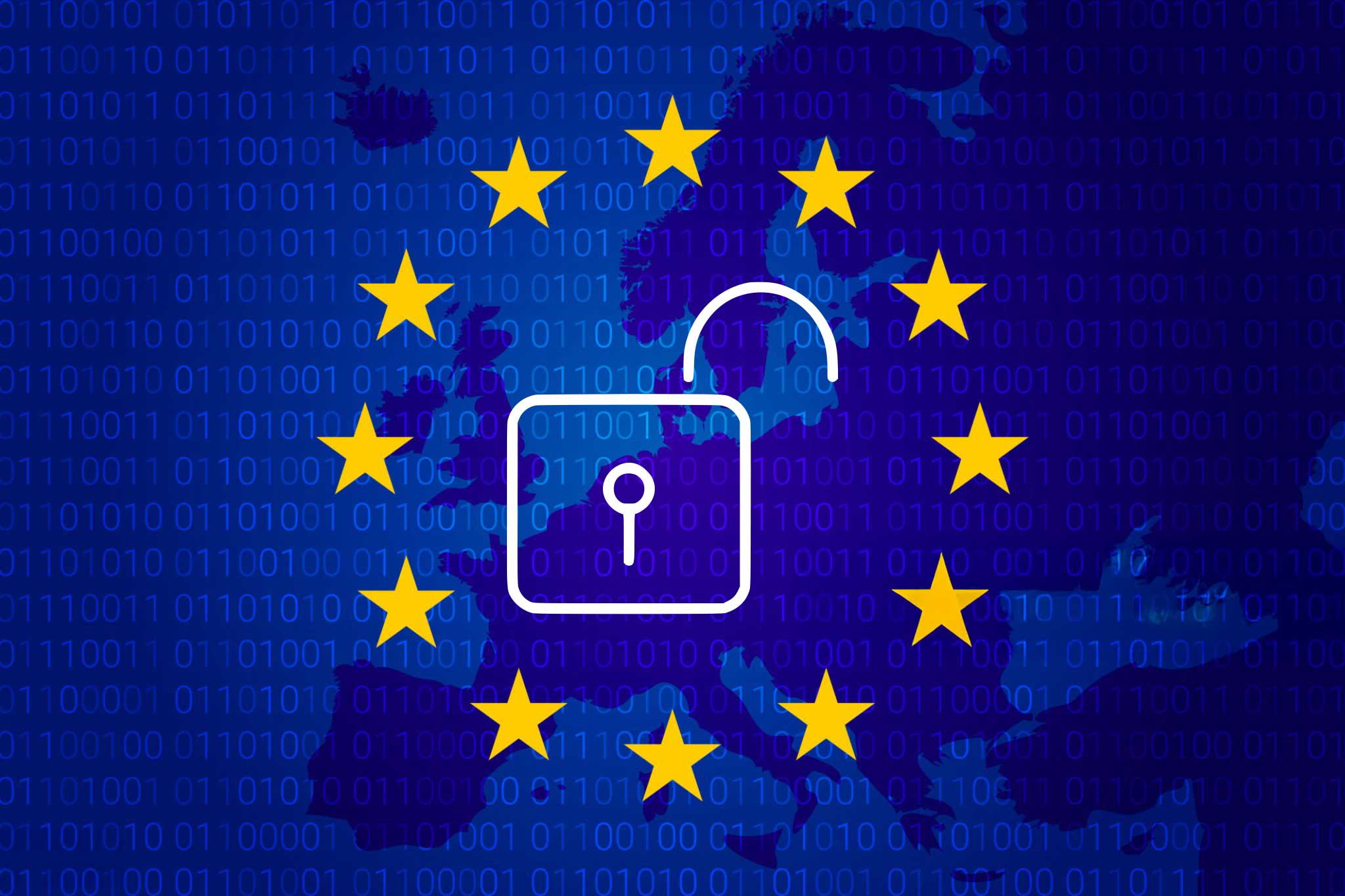Doação oficial de vendas do GrapheneOS
Estamos doando 10 euros de cada instalação do GrapheneOS que fazemos
Estamos usando e recomendando o GrapheneOS desde 2020. Dirigimos uma empresa de TI que fornece serviços on-line para clientes em todo o mundo.



